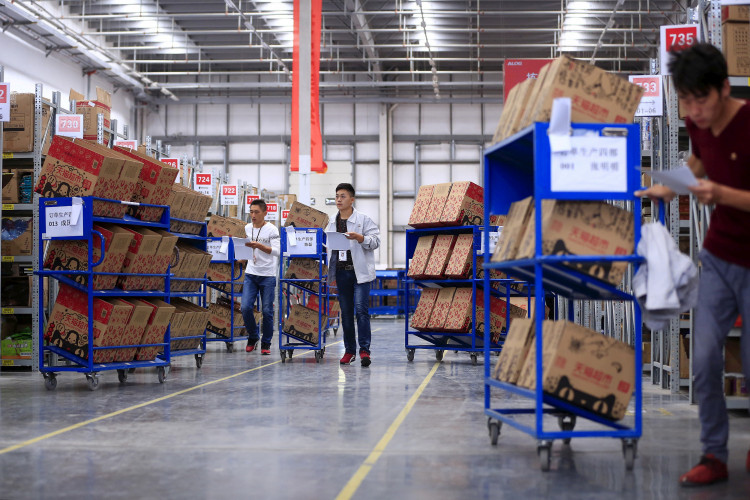Chinese e-commerce and retail giant Alibaba Group Holding Ltd., one of the 10 most valuable brands in the world, plans to launch a second IPO later this year to amass funds to hedge against the growing uncertainties triggered by Trump's trade war against China.
Alibaba is in talks with financial advisors to raise $20 billion via a second listing on the Hong Kong Stock Exchange. The target amount is just shy of the $25 billion Alibaba raised in its first IPO on Wall Street in 2014. This IPO remains the world's largest to this day.
Sources privy to the IPO talks said a key aim of the second listing is to diversify its funding channels and strengthen liquidity in the face of the worsening trade war against the United States. The IPO will also arm Alibaba with enough money to invest in technologies and in new and more expensive projects.
Alibaba has long had plans to boost its expansion into new businesses such as cloud computing and Hema, its brick-and-mortar supermarket chain because growth in its core e-commerce business is decelerating.
Since its Wall Street listing, Alibaba has almost doubled in size to become the largest-listed Chinese company. Alibaba's market cap stands at $400 billion, and its stock has risen 13% so far this year. It's somewhat ahead of the S&P 500′s 12.7% gain during the same period.
A Hong Kong listing will also give mainland Chinese investors their first direct access to Alibaba via the stock connect trading link between Hong Kong, Shanghai, and Shenzhen.
Should its IPO yield the expected $20 billion, Alibaba's new listing will be the sixth-biggest follow-on share sale ever, according to Refinitiv. Ahead of it are NTT's 1987 $36.8 billion sales; the $24.4 billion and $22.5 billion from the Royal Bank of Scotland and Lloyds Banking Group, and the $20.7 billion raised by AIG in 2012.
"For Chinese companies listed in the United States, one has to prepare a contingency plan," said Hao Hong, head of research at financial services firm BOCOM International Holdings Co. Ltd. "Given most of the Alibaba investors are in Asia, it makes sense to come closer to your home base and give investors an option to trade in the same time zone."





